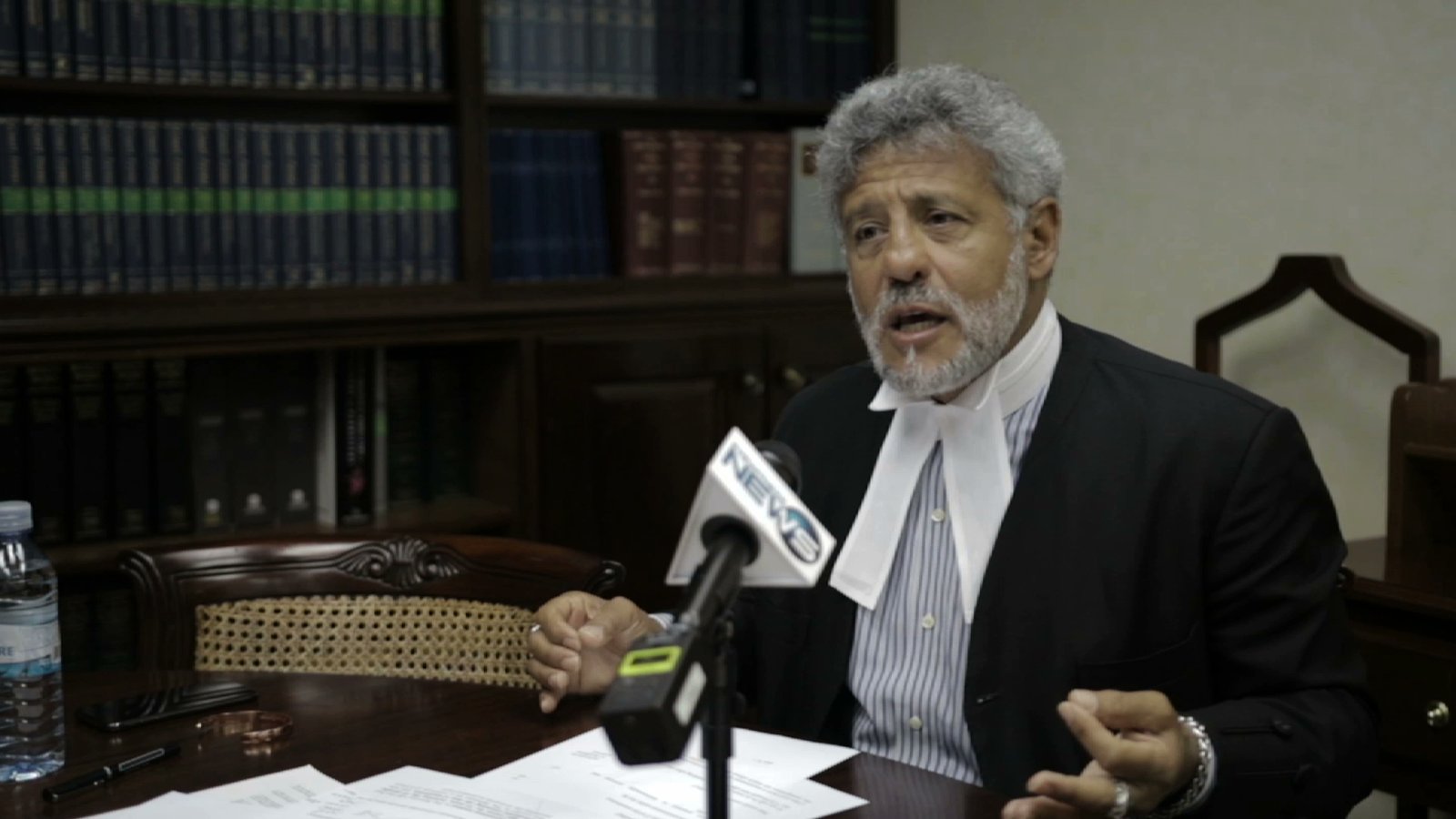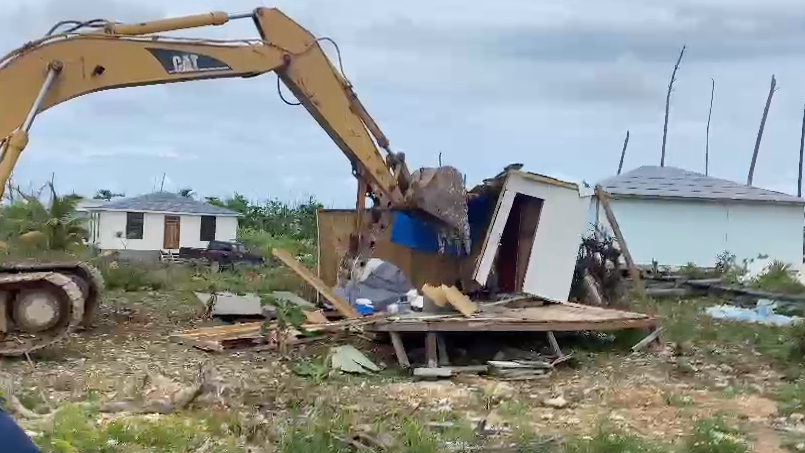Smith: It is arrogant for the respondents to think they can dictate how people can live
“You do not bring a bulldozer and demolish homes overnight”
NASSAU, BAHAMAS — The government’s attempt to “purge The Bahamas of ethnically discrete communities of persons of Haitian origin” by “disposing and destroying” the homes of thousands of men, women and children in shantytowns will create another humanitarian crisis, Fred Smith, QC, argued yesterday.
He made the comments during an ongoing Supreme Court judicial review centered on the demolition of shantytowns in The Bahamas.
Justice Sherly Grant-Thompson presides over the matter.
Smith, the lead counsel for the 177 applicants, told the court mothers, fathers and their children have lived in these communities for generations, and in some cases more than 60 years.
He said assimilation of these residents can be done in a humanitarian way, but the government’s suggestion that demolishing homes and displacing residents can be done humanely is “absurd”.
“It is impossible to rationally conceive that disposing and destroying the homes of thousands of people can be done humanitarianly,” the queen’s counsel submitted.

He asked where those families will go and asserted that the Shanty Town Action Task Force created a pamphlet that read like a real estate booklet without specifics on how the residents of communities on Abaco and Grand Bahama could become beneficiaries of the opportunities.
The senior attorney also dismissed the respondents’ argument that the demolition exercise was an attempt to deal with the situation in a humanitarian way given sanitation and building code issues.
The respondents in the matter include Prime Minister Dr Hubert Minnis, Minister of Labour Dion Foulkes, Minister of Public Works Desmond Bannister, Attorney General Carl Bethel, Bahamas Power and Light and the Water and Sewerage Corporation.
The respondents have requested the court dismiss the matter, claiming the applicants have not demonstrated their right of claim to be on the land.
But Smith said that was not what was being asked via the judicial review.
He said whether residents own the land on which the homes have been built was not the question, as that land has been leased, but whether the respondents have a right to interfere with the occupation of the land.
He said there is no title dispute between the parties, but a question of whether the respondents have acted in accordance with the relevant laws and given due process; whether the policy was supported by any enabling legislation; and whether there is an attempt to “purge The Bahamas of ethnically discrete communities of persons of Haitian origin”.
Smith said the government could have worked with residents to bring the sanitation and other matters up to the standard deemed necessary instead of initiating an “ethnic cleansing, and the creation of a humanitarian crisis”.
Counsel for the respondents has objected to the use of the term.
Smith said the applicants do not contend that the government has the authority to address sanitation and building code issues across the Bahamas, including in shantytowns.
However, the attorney said the comprehensive, wide-sweeping eradication of all these communities without dealing with the homes on a case-by-case basis is being objected to as part of the judicial review.

He said it is arrogant for the respondents to think they can dictate how people can live.
He said if there are sanitation, health and building code issues, “deal with them”.
“You do not bring a bulldozer and demolish homes overnight,” Smith argued.
The attorney pointed to the approach taken in Over-the-Hill communities to elevate the living conditions there.
He said had the respondents taken an individual approach with the homes in the community, there would have been individual action and no need for the August 2018 injunction, which remains in place.
That injunction has been extended to shantytowns on Abaco — though the judge has said she does not foresee that being in place for more than 30 days.
Meanwhile, Smith said residents continue to live in “terror”, noting there is no guarantee of the outcome of the judicial review, and homelessness is a potential reality for residents involved.
The judicial review is expected to continue once a new trial date is set.






